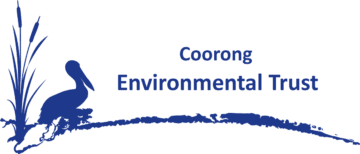Courtesy of Troy Bell MP, Member for Mount Gambier
Second Reading
Mr BELL (Mount Gambier) (11:31): I move:
That this bill be now read a second time.
I rise to introduce the Coorong Environmental Trust Bill 2019, which establishes the Coorong Environmental Trust. This important piece of legislation aims to find a solution to common problems in the Coorong and Lower Lakes. It will drive the restoration of flows and ecological stability as well as encourage sustainability.
The Coorong Environmental Trust Bill 2019 was introduced by the Hon. Tammy Franks MLC on 3 April 2019. It was announced jointly by the Greens, the Minister for Environment and Water, the shadow minister and SA-Best at the Goolwa wharf on 30 March 2019. All parties present indicated their support for the model and for the trust.
This bill has gone through a select committee process. The final report of the committee found that the bill 'is an appropriate measure and recommends that it be passed'. The bill passed the Legislative Council with unanimous support and only one amendment to increase the number of directors required for a quorum.
The bill advocates for an independent board consisting of members who represent organisations with a professional, financial, physical or legal commitment to the ecological wellbeing of the Coorong. The trust will be independent from state government to encourage and empower the local and scientific communities to manage the Lower Lakes and Coorong the best way they know. State government will still be provided with reports and information from the trust to inform ongoing decision-making. The role of the trust will include:
creating and maintaining a repository for all environmental data and research outcomes;
preparing an annual State of our Estuary report;
preparing, adopting and maintaining a set of rules relating to the membership, management and operation of the trust;
providing independent, impartial scientific advice on the state of the Coorong to stakeholders;
providing guidance for future environmental research;
monitoring and documenting environmental flow outcomes;
coordinating and implementing a comprehensive water quality monitoring program;
independently assessing proposed solutions to ecological challenges;
establishing a fundraising committee and a wetland science committee to enable the trust to carry out its functions with financial independence; and
performing and carrying out functions assigned by regulators.
